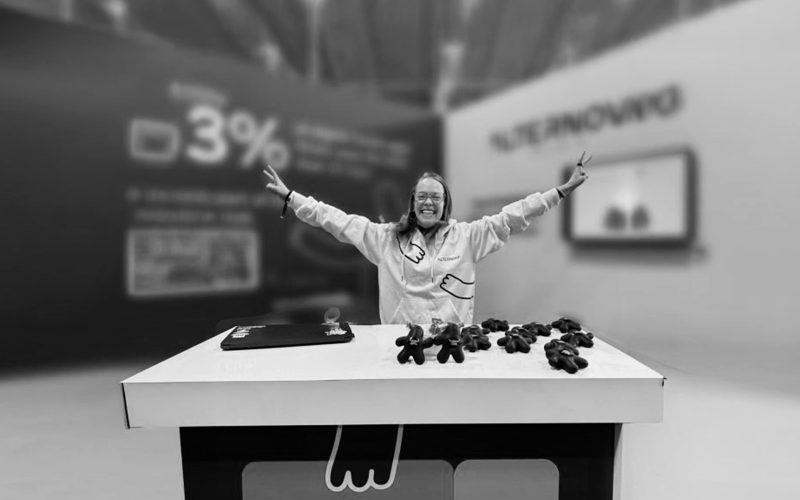Most people don’t connect sports with software engineering, but the parallels run deeper than you’d think. Building and leading technology teams across continents requires the same fundamentals athletes learn early: resilience, trust, and working toward shared goals. Rose Hecksher Schamberger has spent over 20 years applying these principles to help companies scale their tech operations globally, turning complex distributed teams into high-performing units that actually work together.
Learning Leadership Beyond the Court
Schamberger’s background isn’t typical for a CTO. Her journey started on the volleyball court, not in a computer lab. “I’ve swapped the net for networks, and honestly, the fundamentals are the same: resilience, teamwork, and going after a shared goal,” she explains. Those lessons stuck with her through two decades of helping companies grow their engineering teams across borders.
The work has taken her from early stage companies scrambling to build their first product to global enterprises managing hundreds of engineers. “For over 20 years, I’ve helped companies scale their tech operations across borders, turning complex challenges into high-performing business-aligned teams,” she notes. Each situation brought different problems, but the core challenges stayed remarkably similar.
Design For Global From Day One
Here’s where most companies mess up: they wait until they’re drowning before thinking about global operations. Schamberger’s first major lesson cuts straight to this problem. “Scaling isn’t just about hiring in new time zones. It’s about building the right foundation in your architecture, your org structure, and your processes.” Front Door proved this approach works. The company grew engineering capacity in India and the US by over 25% in just a few months. That kind of rapid expansion usually creates chaos. What made the difference? “We already had shared frameworks, clear APIs, and aligned goals. That’s what keeps collaboration smooth when your teams are oceans apart.” The groundwork was there before they needed it.
Culture Is Your Real Infrastructure
Technology changes fast. Culture doesn’t, and that’s exactly why it matters more. Schamberger saw this across teams in Poland, Brazil, and China. “Tech stacks change, culture scales. One thing always stood out: trust drives velocity.” At Intelex, this focus on building trust paid off in hard numbers. The team cut development cycles by 40% and used AI to save customers $12,000 a month. Those results didn’t come from pushing people harder or using fancier tools. They came from teams that trusted each other enough to move fast without constantly second-guessing decisions made halfway around the world.
Always Follow the ROI
Most companies ask the wrong question when expanding globally. They want to know where they can hire cheaper engineers. Schamberger flips this: “Instead of asking where we can hire cheaper engineers, ask how we can create bigger impact.” Every decision matters here. “Every decision—from new hubs to automation—should tie back to business metrics such as margin, customer satisfaction, or time to market.” When you’re focused on impact instead of cost savings, the whole conversation changes. International teams stop being cost centers and start being growth engines.
The technical challenges of managing distributed teams get solved eventually. The hard part is different. “Scaling globally isn’t just about logistics. It’s about leadership. It’s not about cutting costs. It’s about unlocking potential,” Schamberger observes. Anyone with enough budget can open offices in multiple countries and hire hundreds of engineers. Making those teams work together effectively? That takes something else entirely. You need the right infrastructure before growth happens. You need to invest in culture as much as technology. And you need to stay focused on creating impact, not just cutting costs. Companies that figure this out build advantages that last. The ones that don’t end up with expensive, scattered teams that can’t ship anything on time.
Connect with Rose Hecksher Schamberger on LinkedIn to explore more insights on scaling global engineering teams and driving culture-led growth.











